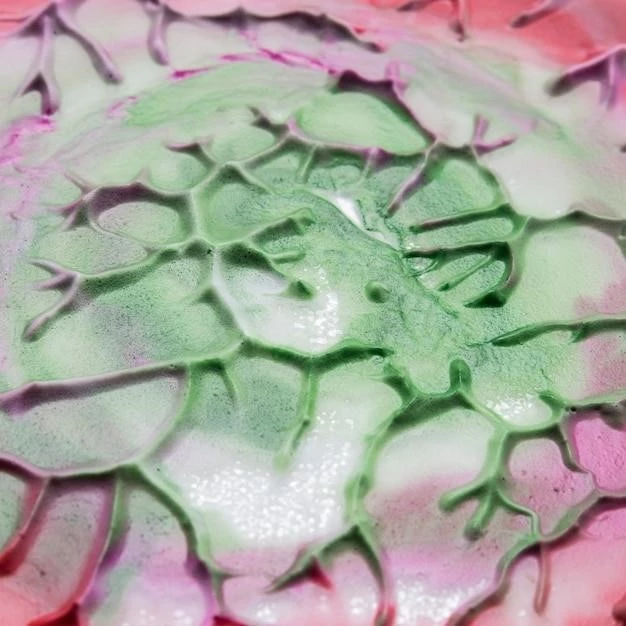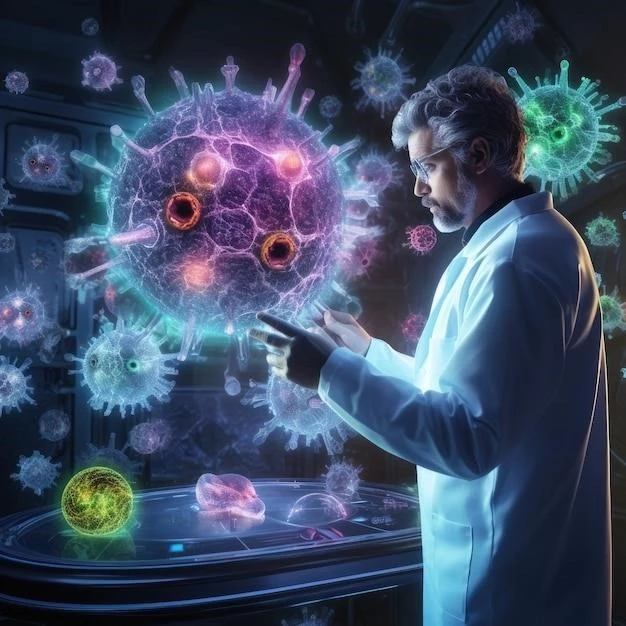The Gut-Brain Connection: How Your Microbiome Shapes You
We often think about our brains and our stomachs as separate entities, each with their own distinct roles. However, a fascinating and complex relationship exists between these two organs – a dynamic network known as the gut-brain axis. This intricate communication highway involves a multitude of players, including our enteric nervous system (the “second brain”), the vagus nerve, and crucially, our gut microbiome.
The Microbiome: A Hidden World Within
Inhabiting the human gut is a vast and diverse ecosystem of trillions of microorganisms, collectively called the gut microbiome. This internal world comprises bacteria, viruses, fungi, and archaea, with bacteria being the most extensively studied. The sheer scale of this microbial community is astounding, with estimates suggesting we harbor more bacterial cells than human cells in our bodies.
These microscopic residents are not merely passive inhabitants; they play an active and essential role in our health and well-being. They aid in:
- Digestion and Nutrient Absorption: Breaking down complex food substances, facilitating nutrient extraction.
- Vitamin Synthesis: Producing essential vitamins like vitamin K and some B vitamins.
- Immune System Development and Regulation: Educating our immune system, influencing its responses to pathogens.
- Protection Against Pathogens: Competing with harmful bacteria, preventing their overgrowth.
While these functions are crucial, emerging research points towards a profound and perhaps unexpected role of the microbiome: shaping our brain function and behavior.
The Gut-Brain Axis: A Two-Way Communication Highway
The gut-brain axis is a bidirectional communication network that enables constant crosstalk between the gut and the brain. This intricate system utilizes multiple channels, including:
- The Vagus Nerve: A long cranial nerve, acting as a direct physical link between the gut and the brain, transmitting signals in both directions.
- The Enteric Nervous System: A complex network of neurons lining our gut, often referred to as our “second brain.”
- Hormones and Neurotransmitters: The gut produces a vast array of signaling molecules, some of which can directly influence brain function.
- Immune System: The gut microbiome interacts with our immune cells, influencing inflammatory responses that can impact the brain.
This constant exchange of information allows the gut microbiome to influence various aspects of our brain and behavior, including:
- Mood and Emotions: Studies have linked imbalances in the gut microbiome to mood disorders like anxiety and depression.
- Cognition and Memory: The gut microbiome may influence cognitive function, impacting learning, memory, and even neurodegenerative diseases.
- Stress Response: The gut-brain axis plays a role in our body’s response to stress, and alterations in the microbiome can influence our resilience.
- Social Behavior: Emerging research suggests a potential link between the gut microbiome and social interactions.

The Microbiome and Brain Disorders: Unraveling the Connections
The growing understanding of the gut-brain axis has opened up exciting avenues for understanding and potentially treating various brain disorders. Research indicates that imbalances in the gut microbiome, often referred to as dysbiosis, are associated with:
- Neurodevelopmental Disorders: Conditions like autism spectrum disorder (ASD) have shown correlations with gut microbiome dysbiosis.
- Neurodegenerative Diseases: Research suggests potential links between the gut microbiome and diseases like Parkinson’s and Alzheimer’s disease.
- Mood Disorders: Studies have found differences in the gut microbiome composition of individuals with depression and anxiety compared to healthy individuals.
While more research is needed to fully comprehend the intricate mechanisms, the potential for developing novel therapeutic interventions targeting the gut microbiome to treat brain disorders is promising.

Shaping Your Microbiome, Shaping Your Brain
The good news is that unlike our genes, which are relatively stable, our gut microbiome is dynamic and susceptible to modification through lifestyle choices. This offers a significant opportunity to influence our brain health by nurturing a healthy gut microbiome. Key factors influencing the composition and diversity of our gut microbiome include:
- Diet: A diverse diet rich in fruits, vegetables, and fiber promotes a diverse and healthy microbiome.
- Exercise: Regular physical activity has been shown to positively influence the gut microbiome.
- Stress Management: Chronic stress can negatively impact the gut microbiome, highlighting the importance of stress-reducing techniques.
- Probiotics and Prebiotics: Probiotics are beneficial live bacteria, while prebiotics are food for these bacteria, both of which can contribute to a healthier gut.
Conclusion
The exploration of the gut-brain connection is still in its early stages, but the findings are already transforming our understanding of brain health. The once-unimaginable idea that the trillions of microbes residing in our gut could hold the key to influencing our mood, cognition, and even behavior is rapidly gaining traction.
As we delve deeper into this intricate relationship, we uncover novel possibilities for preventing and treating brain disorders. By nurturing a healthy and diverse gut microbiome through lifestyle choices, we hold the potential to shape not just our gut health but also our brain health and overall well-being.










